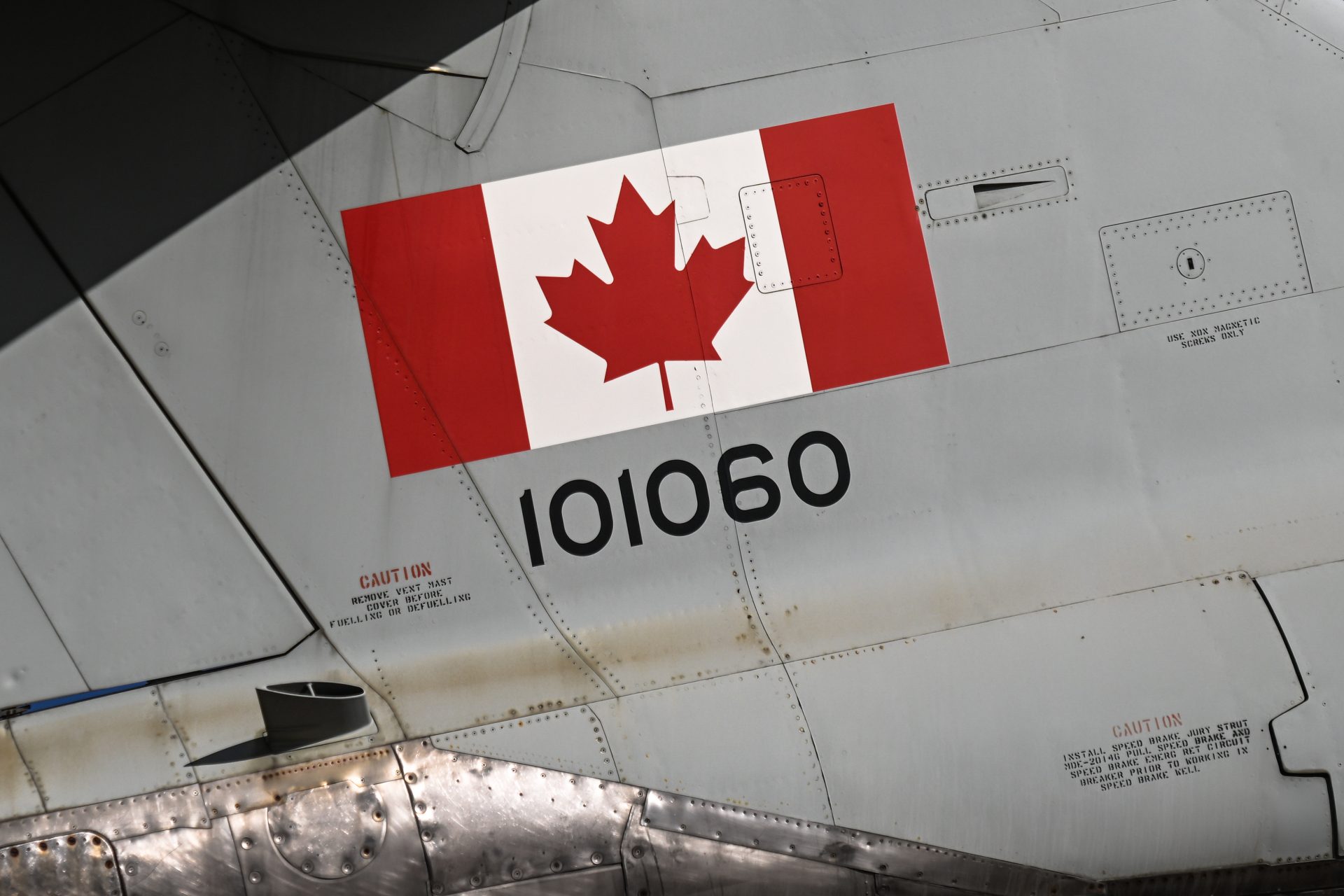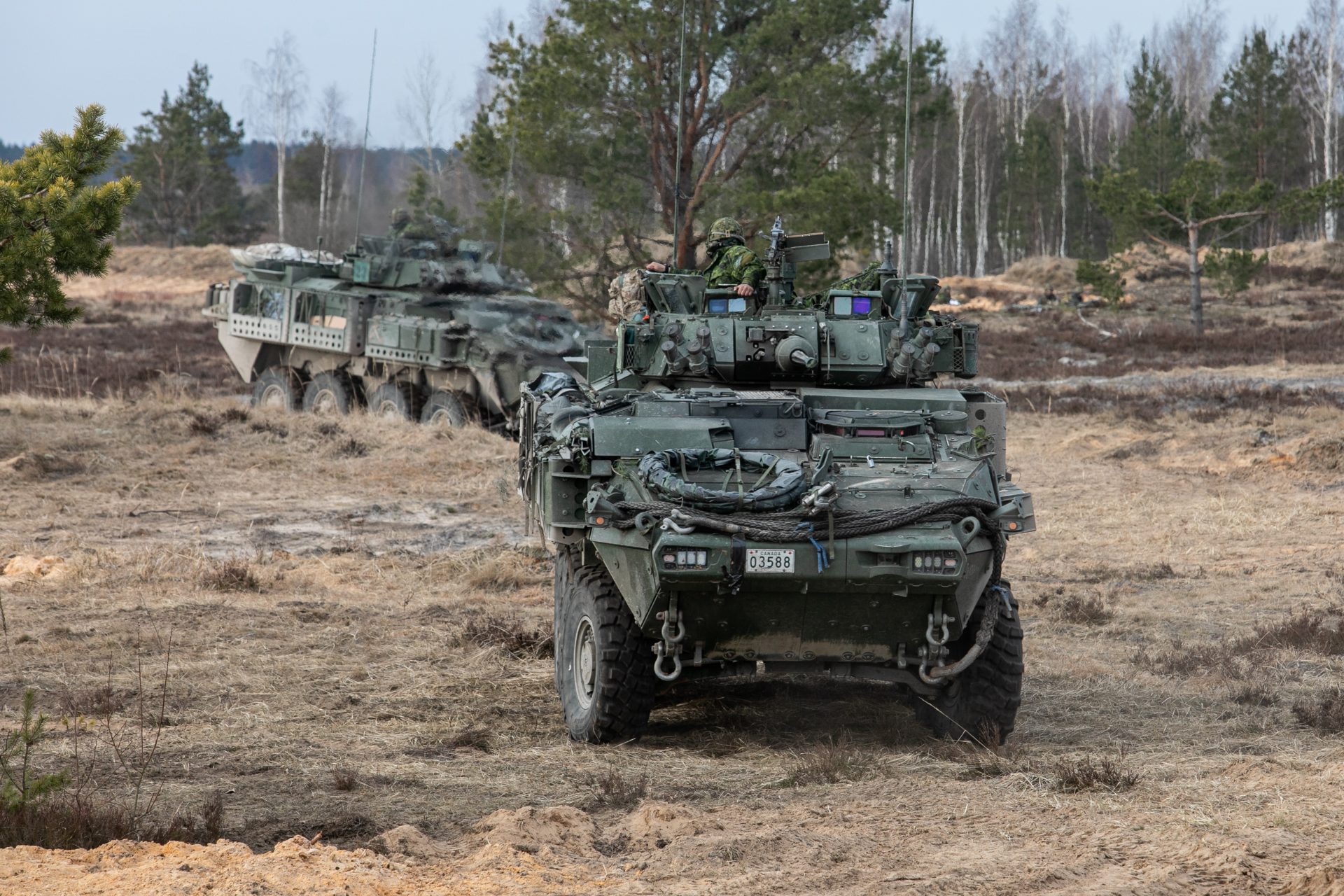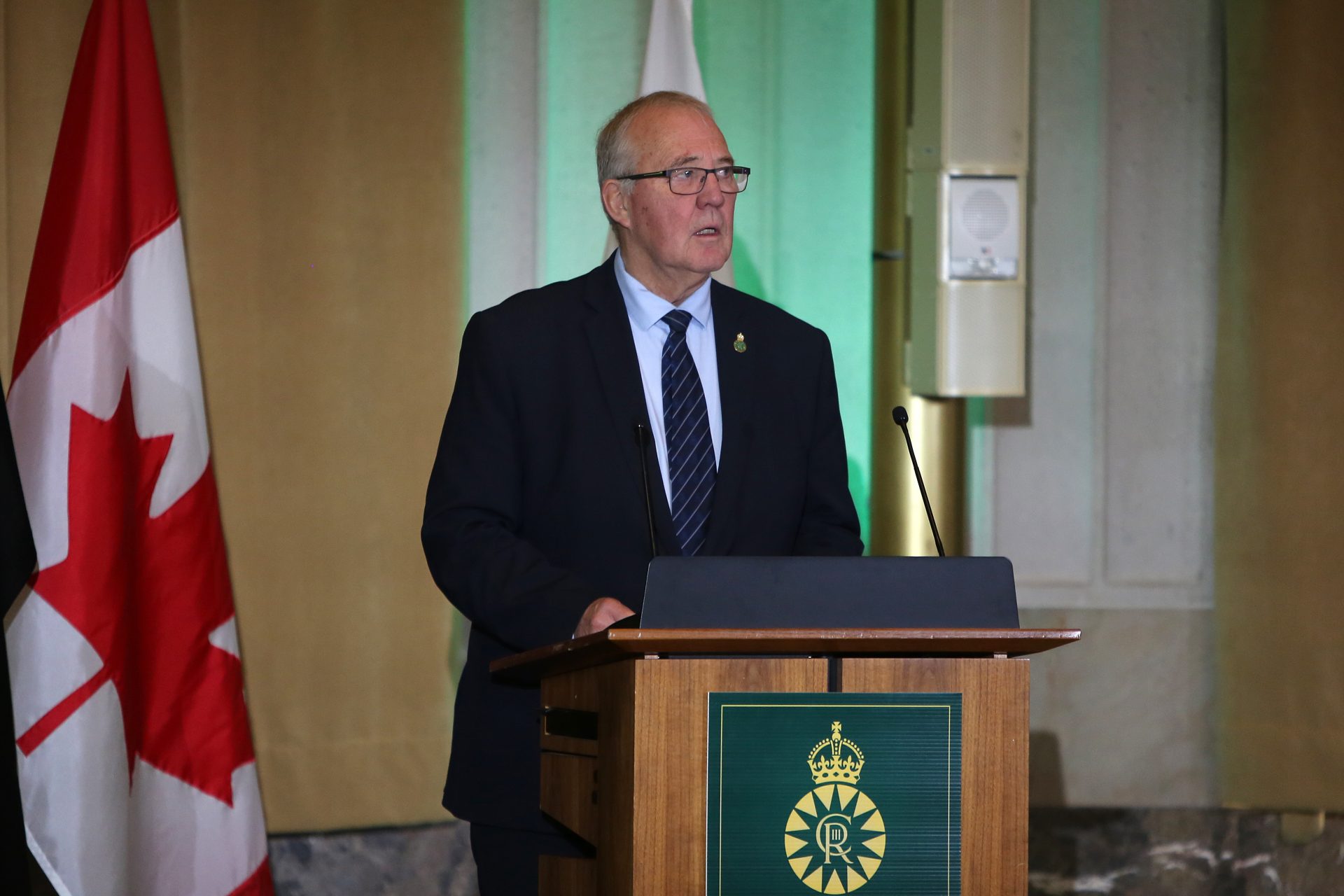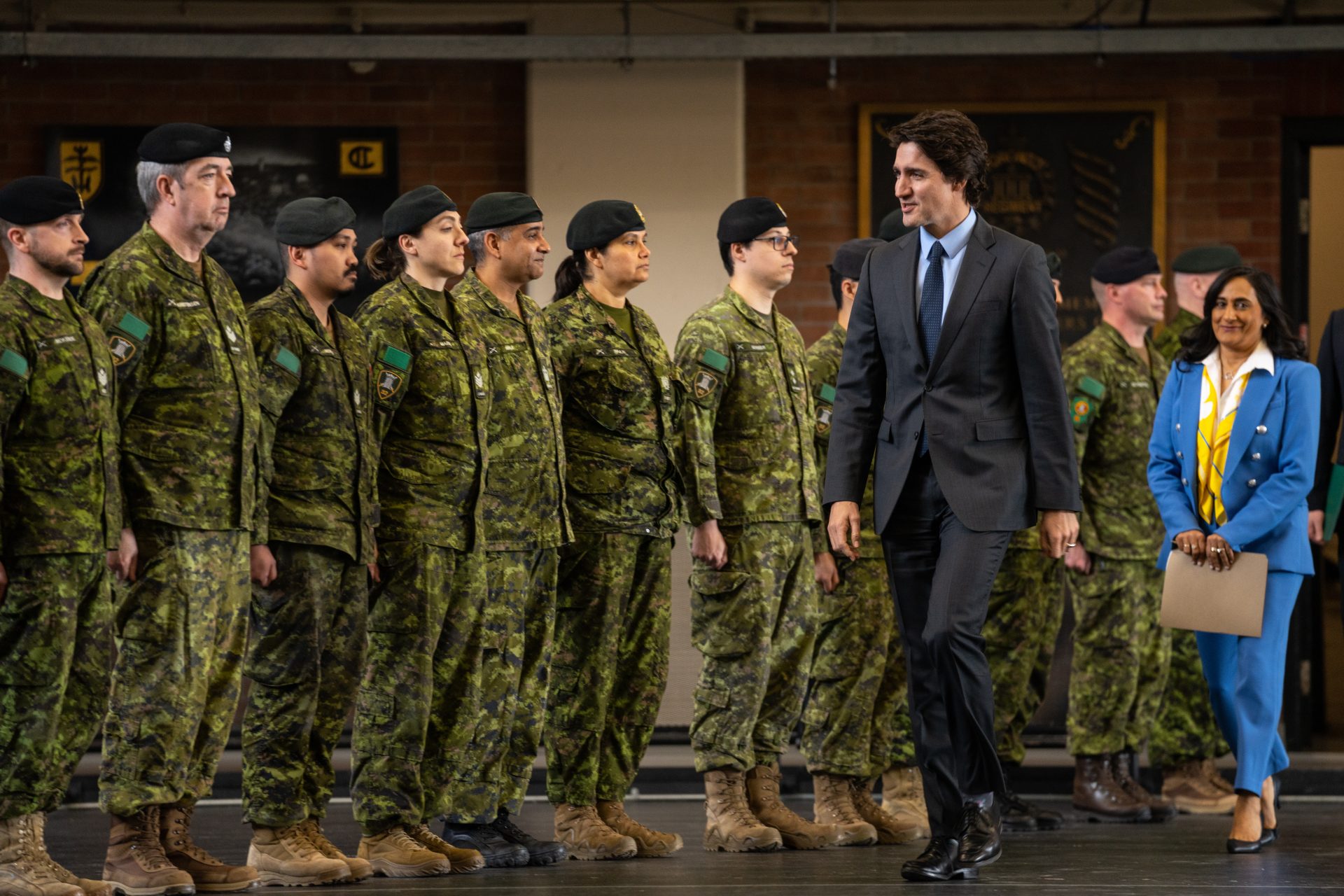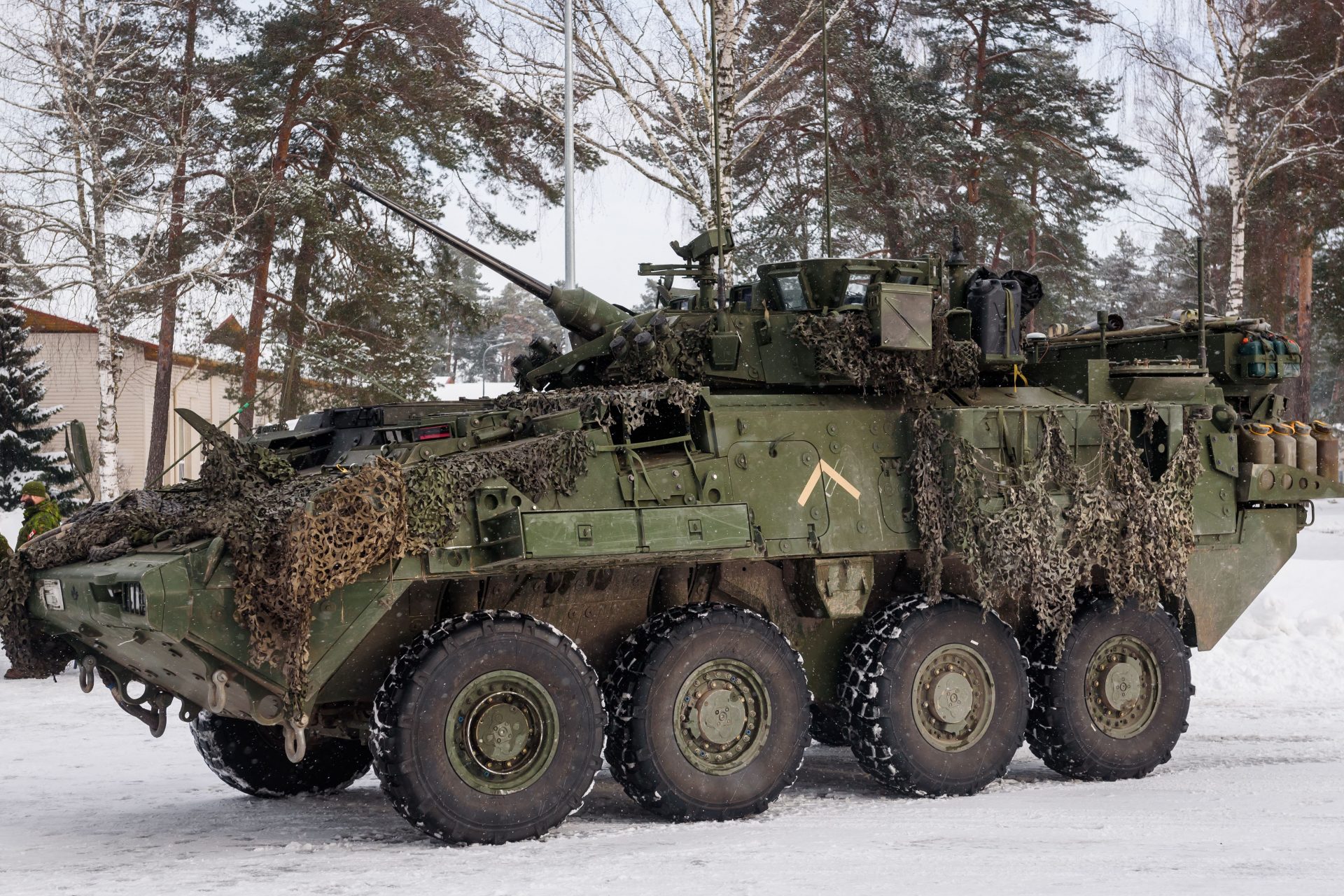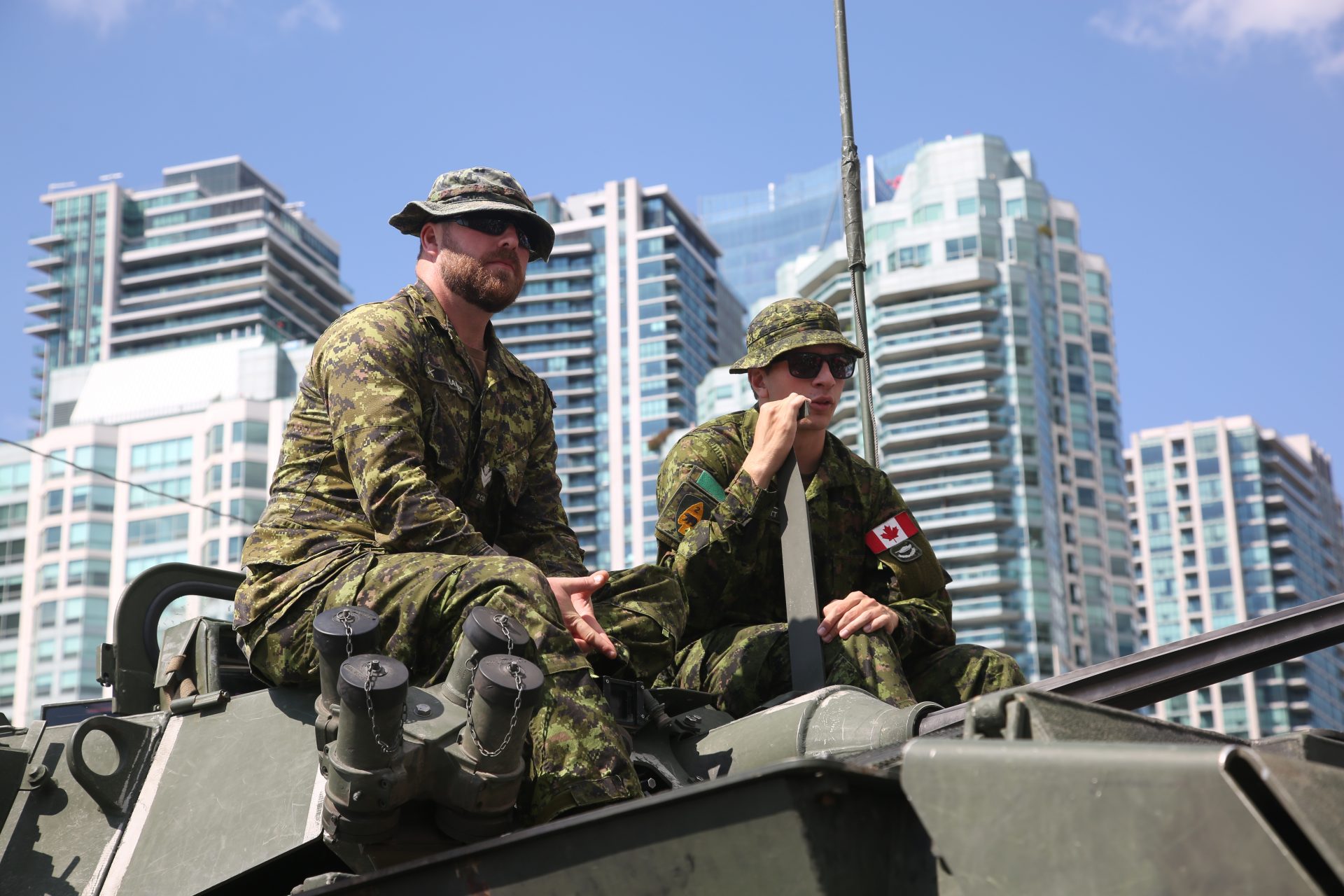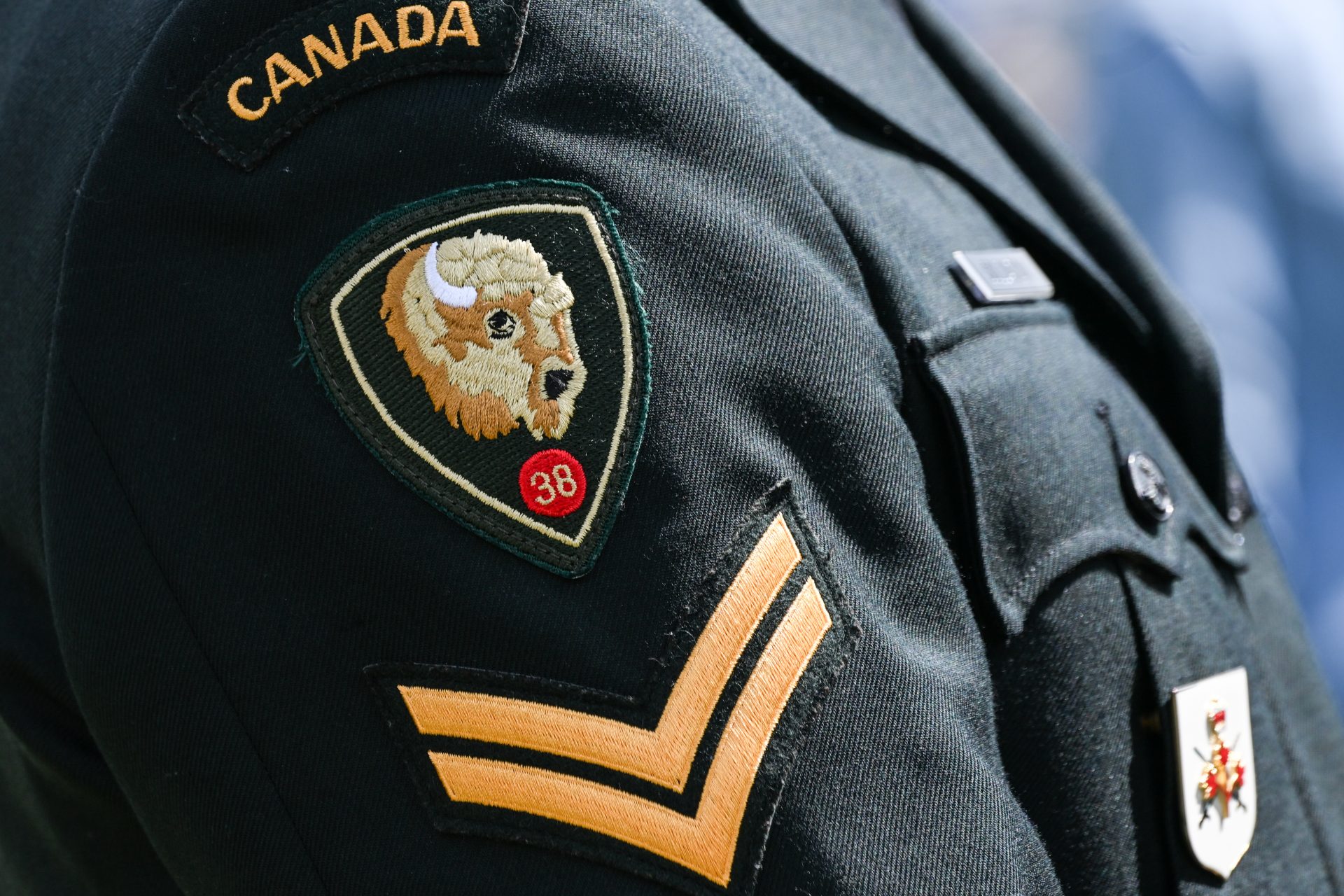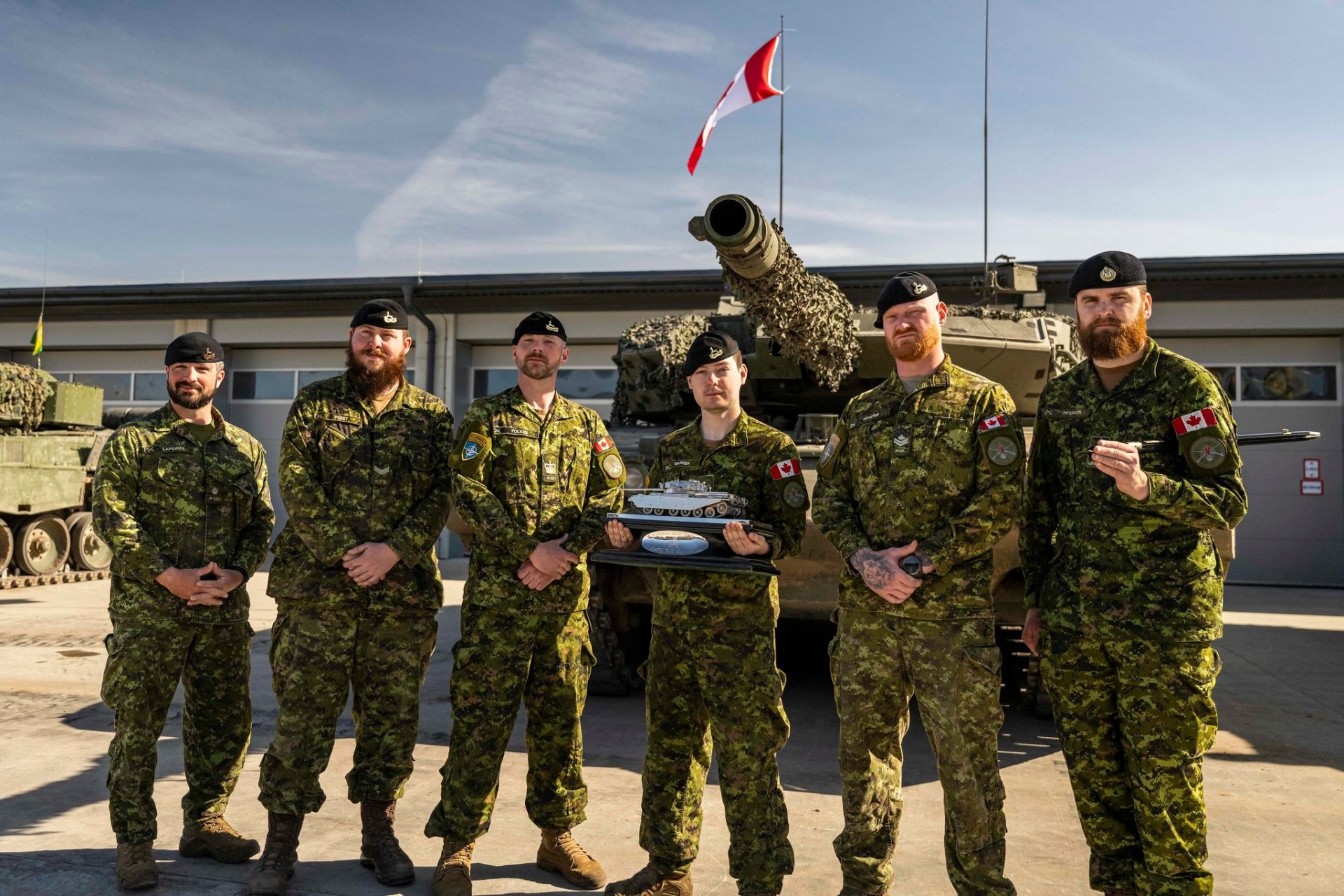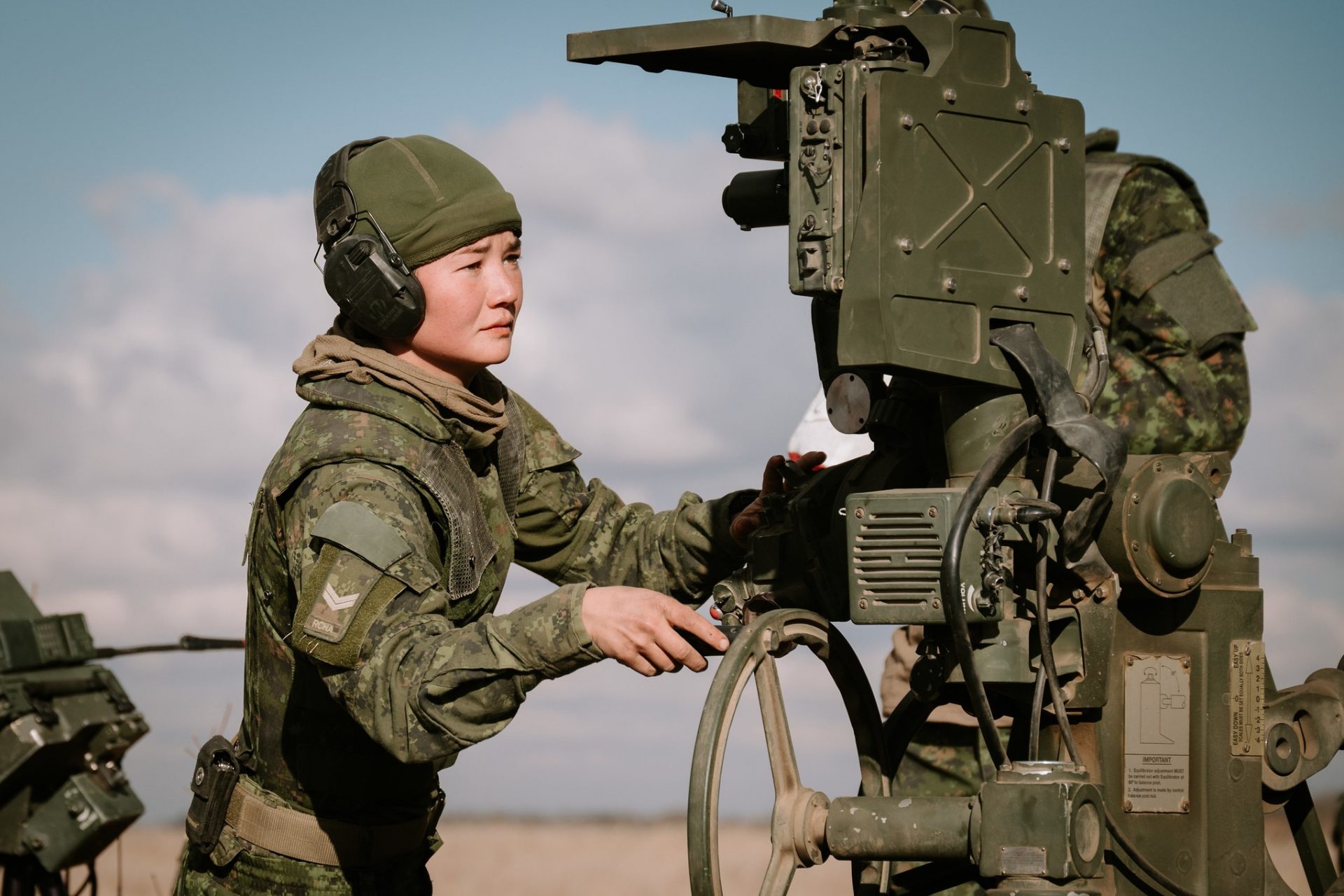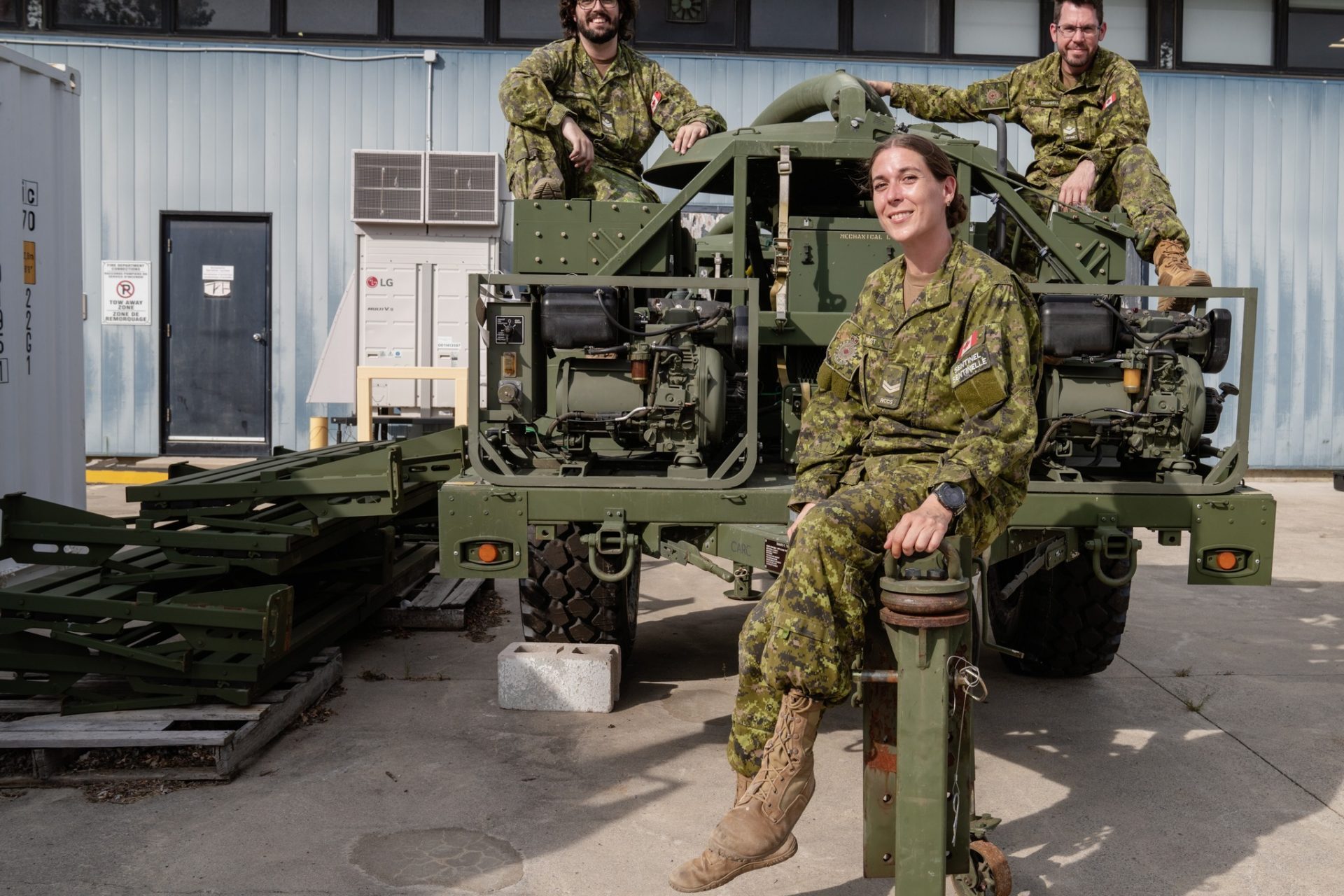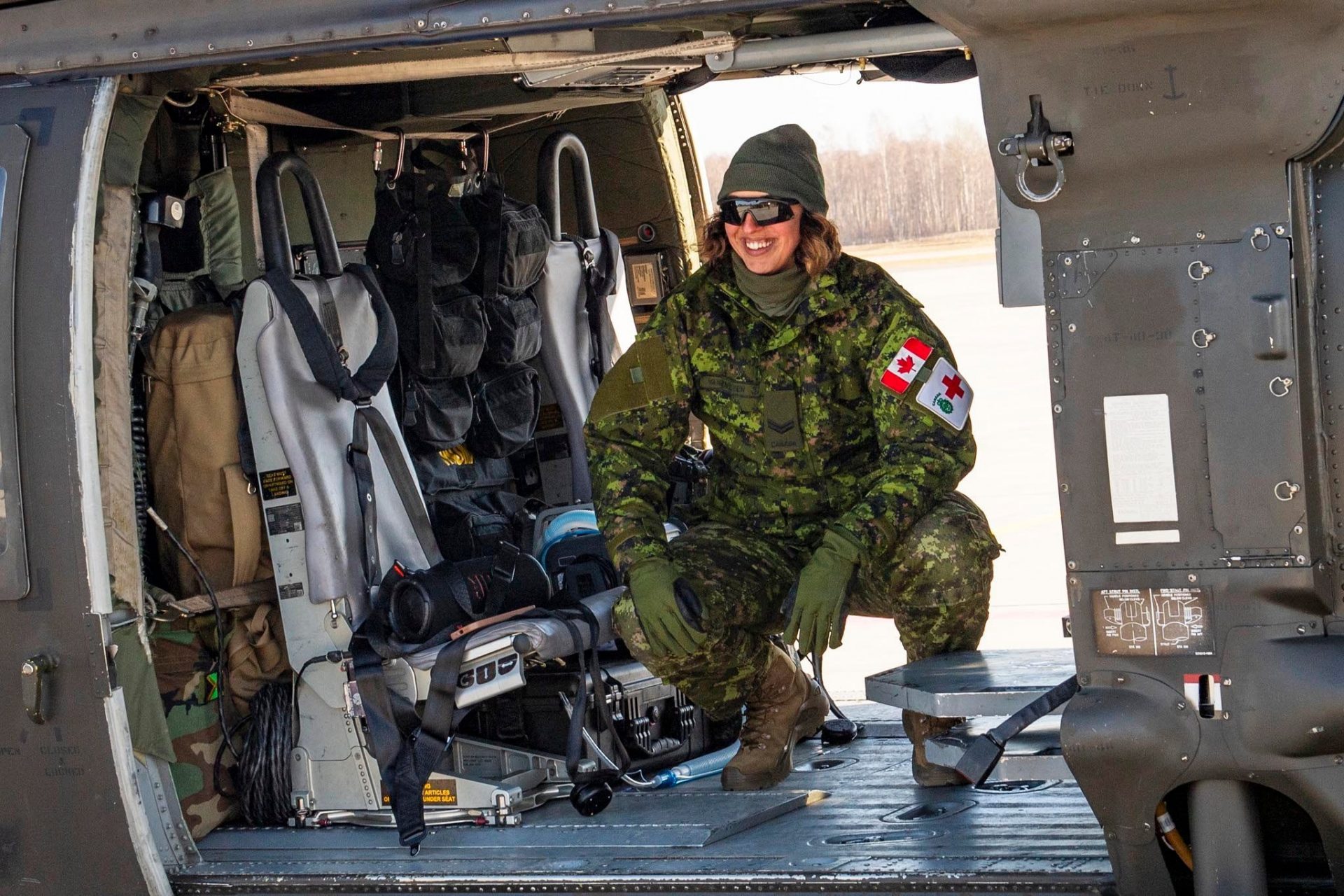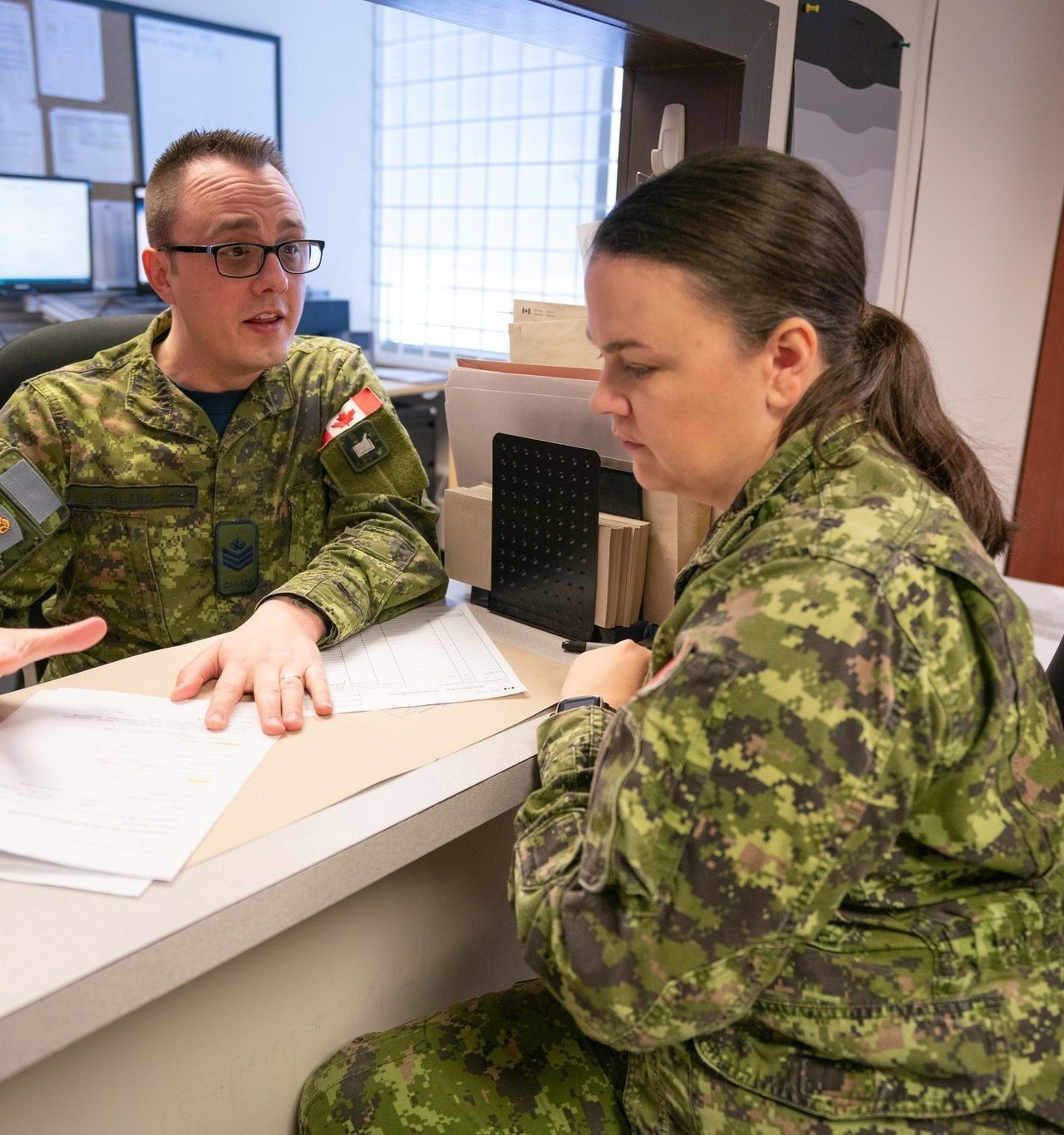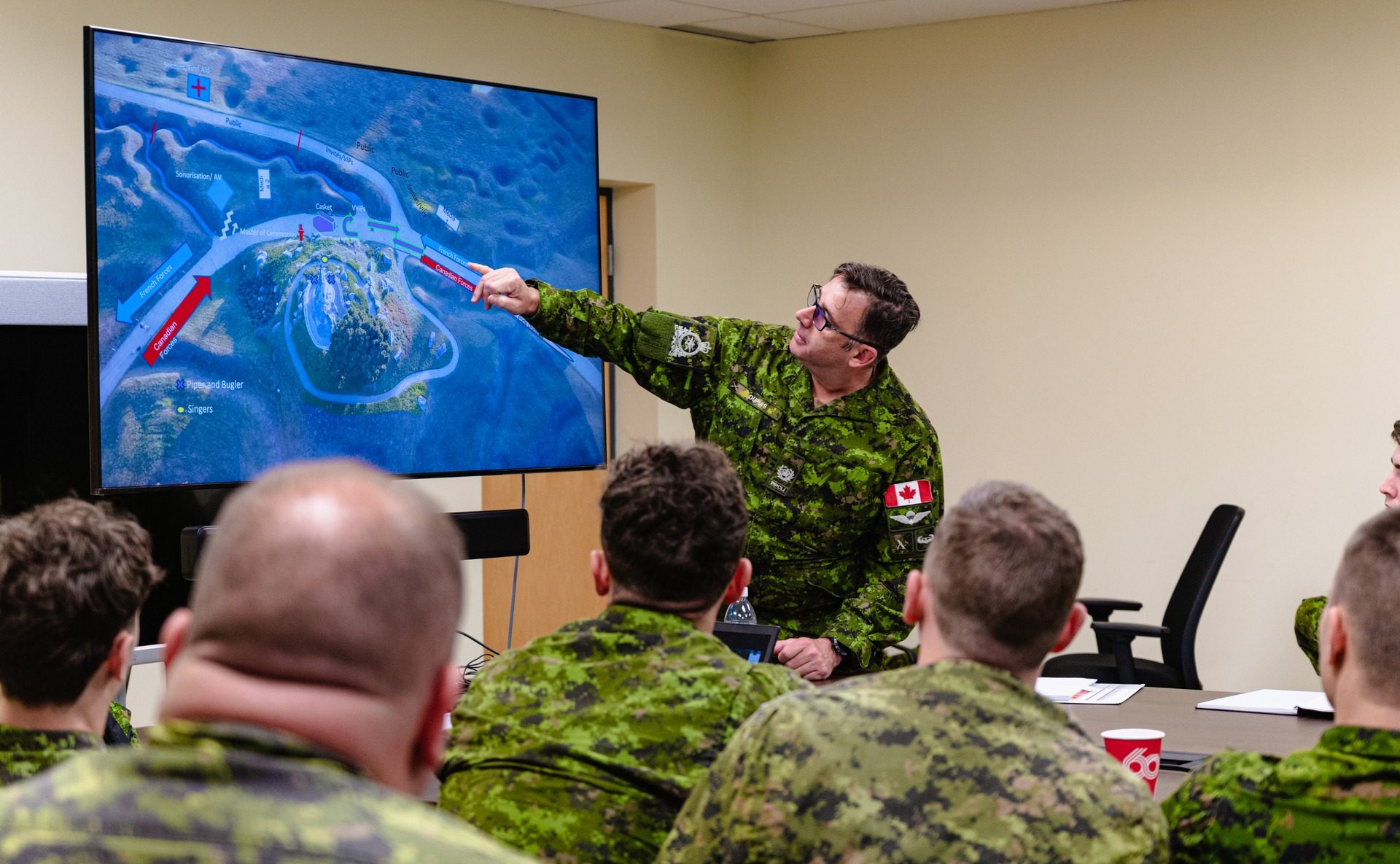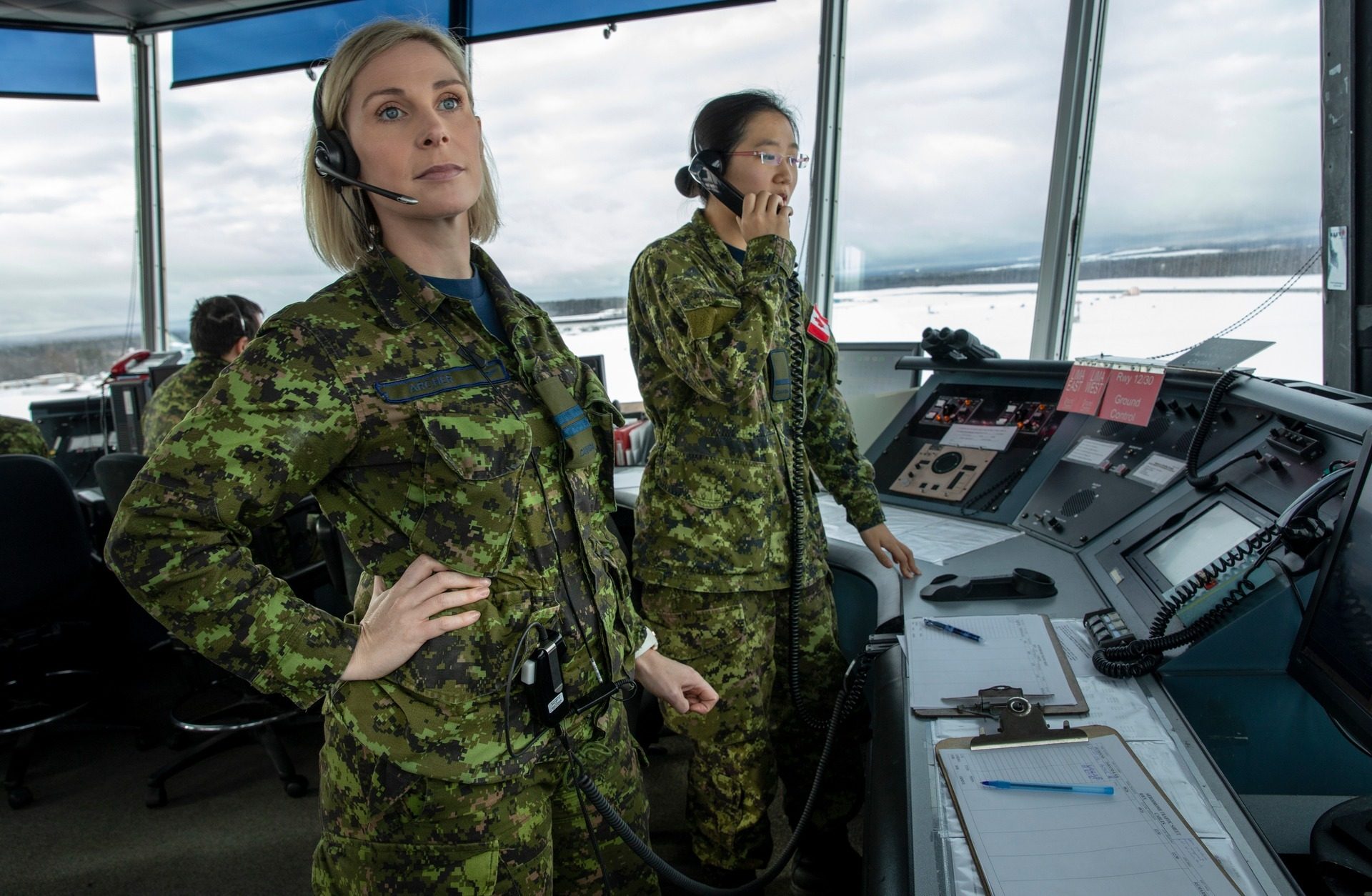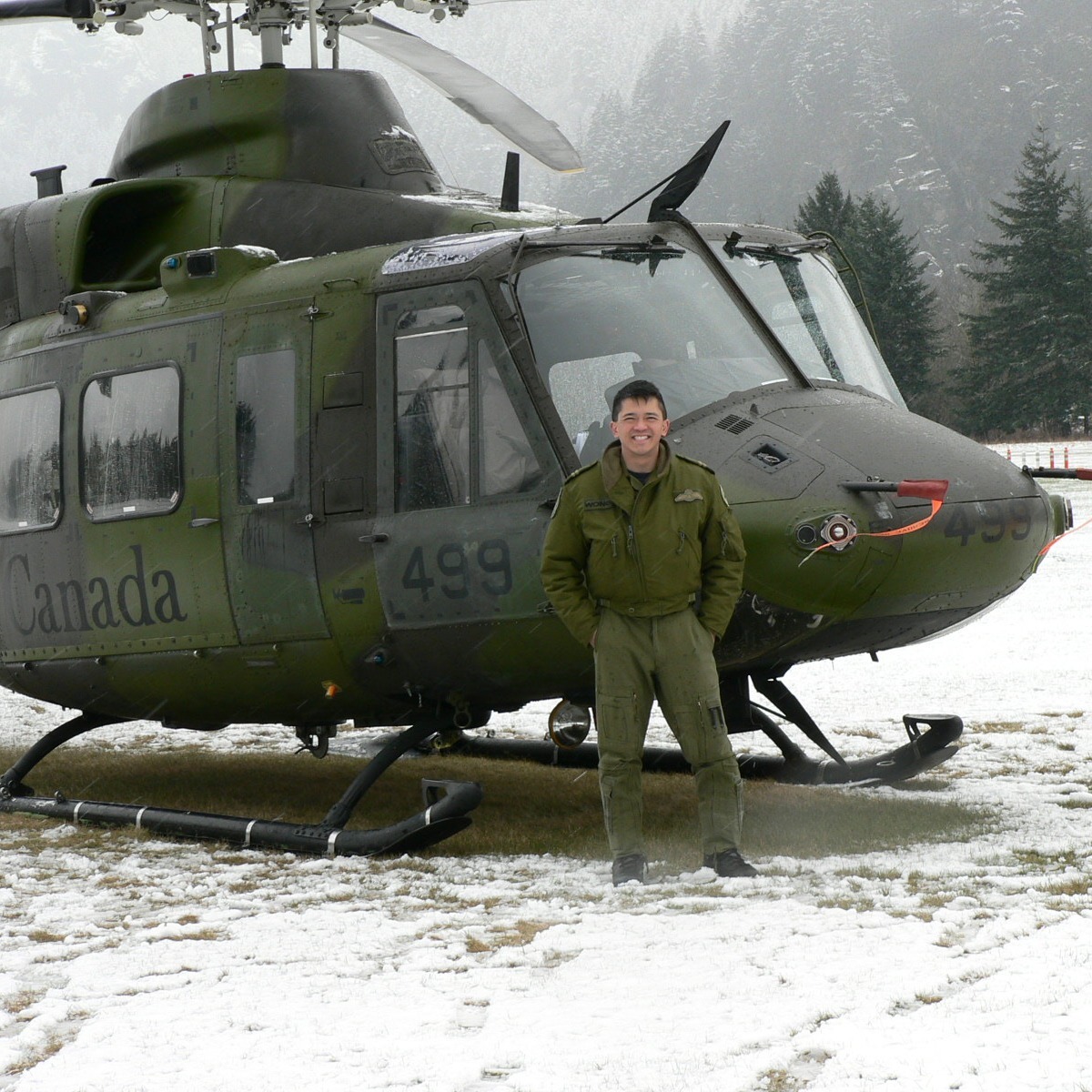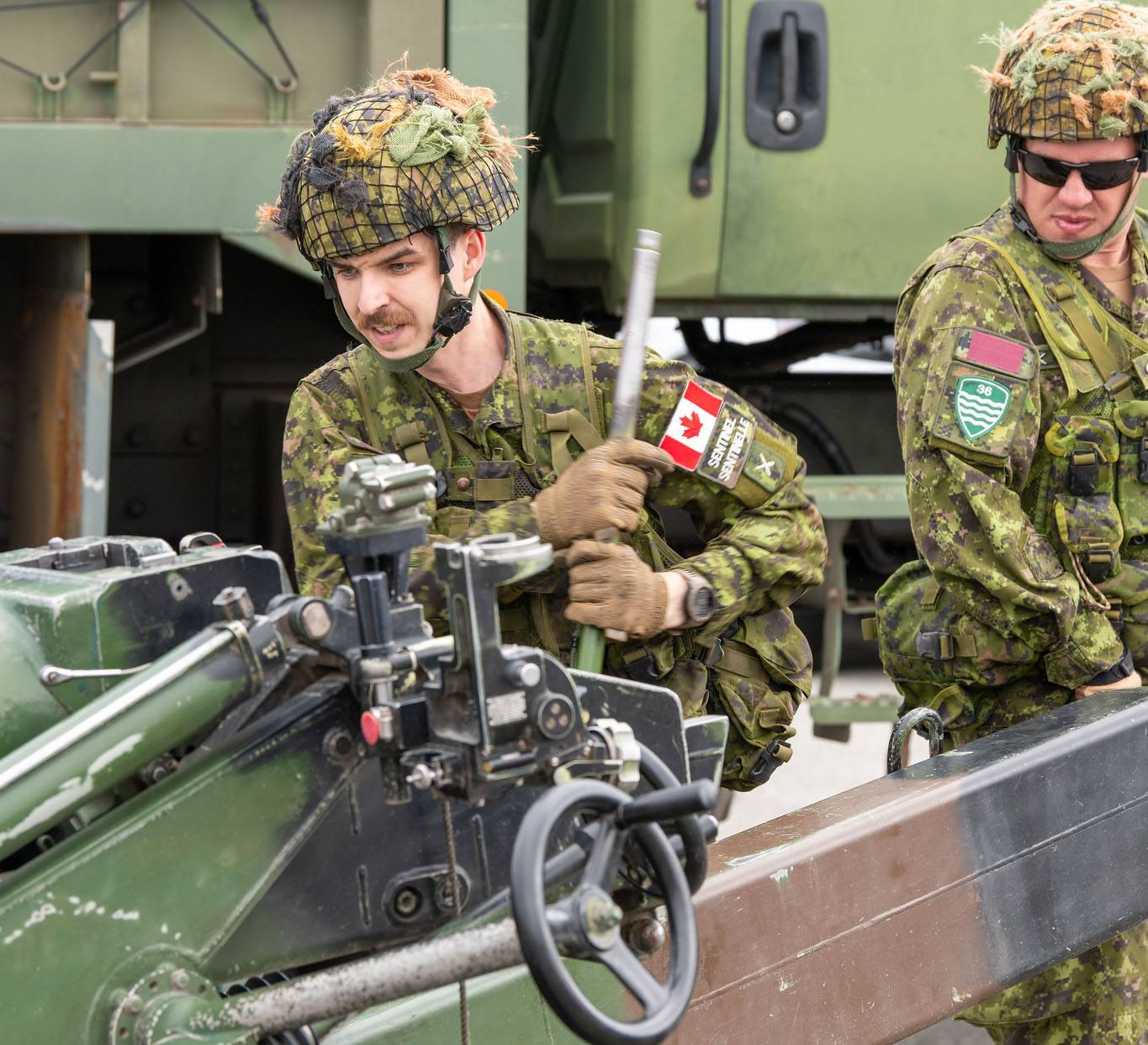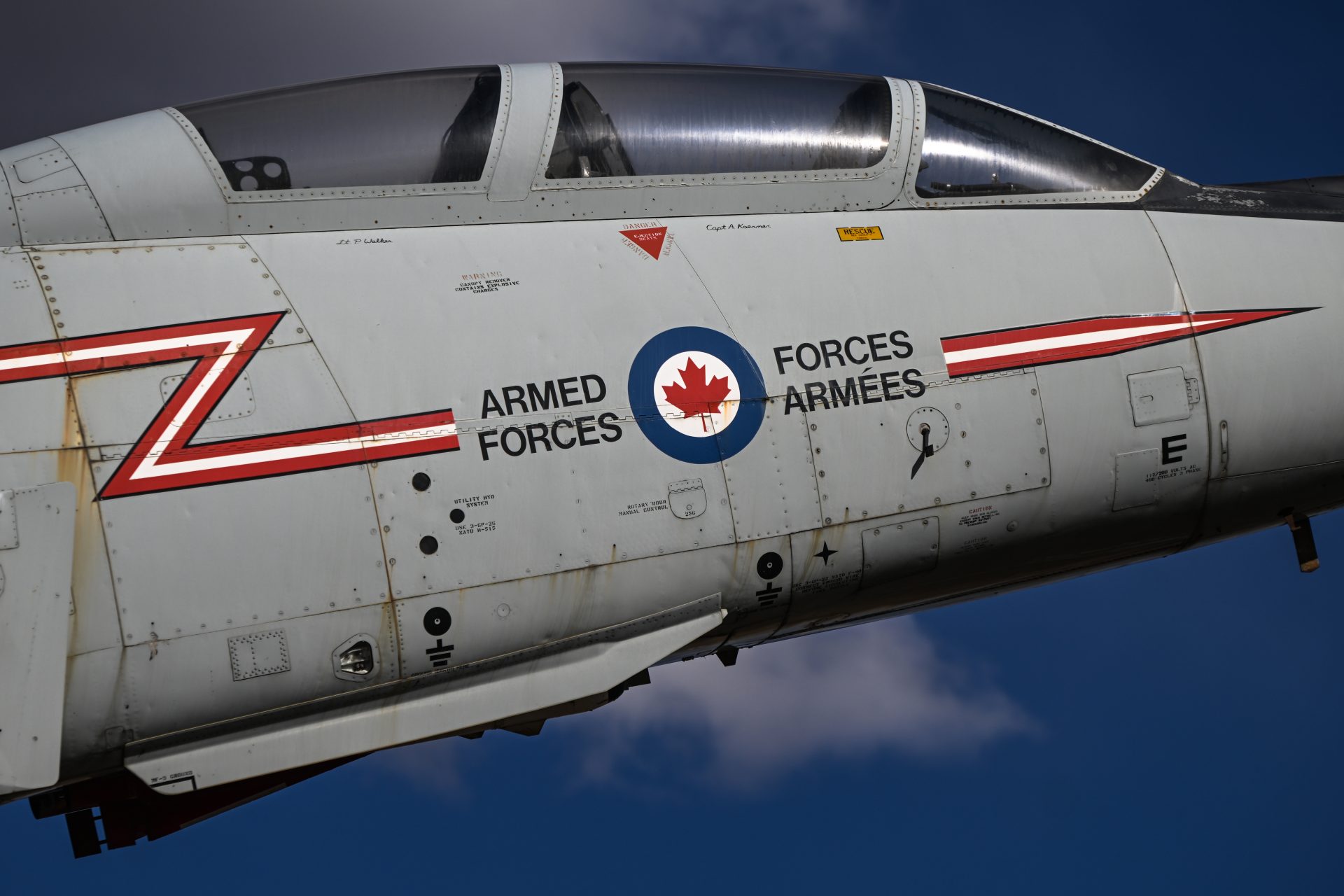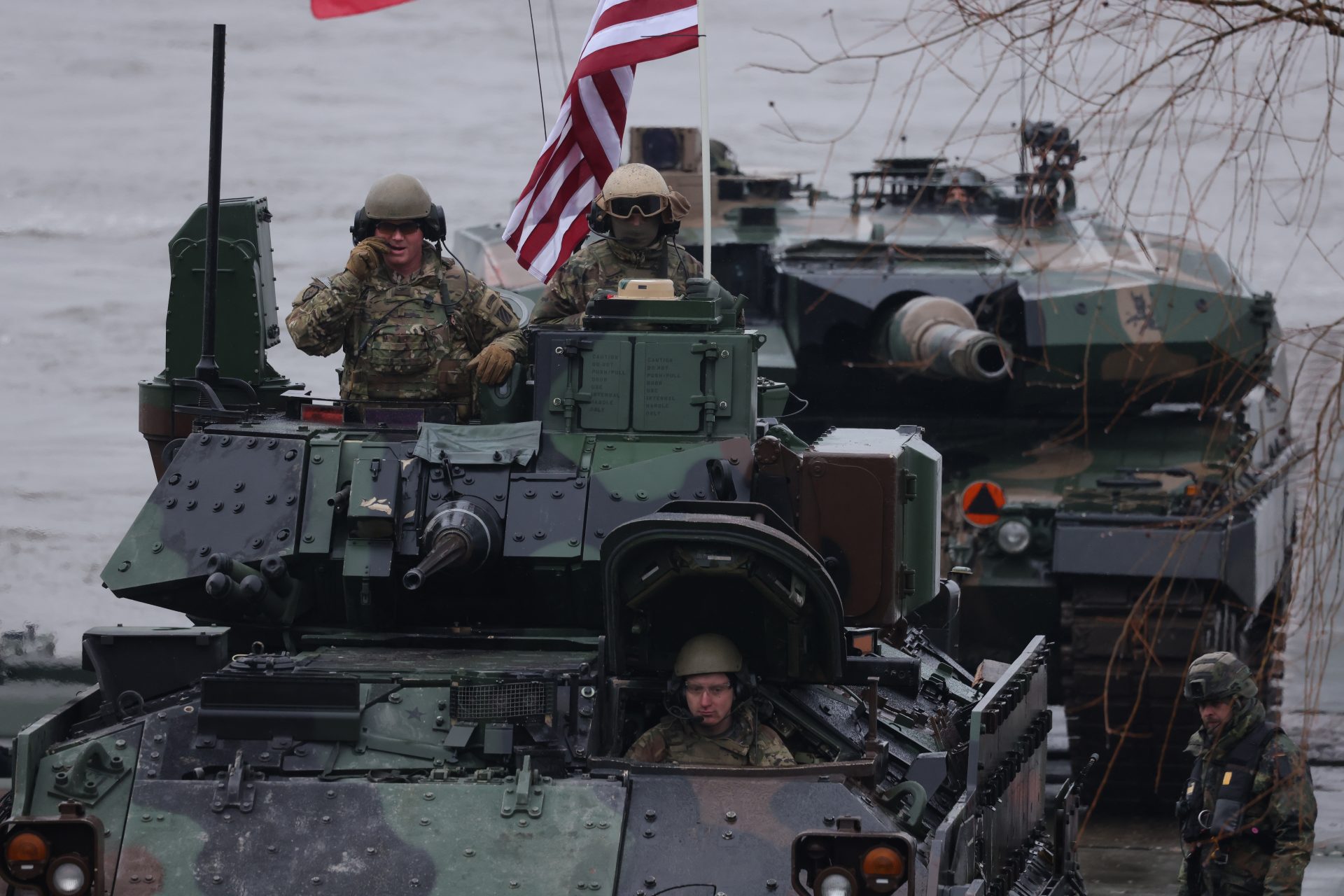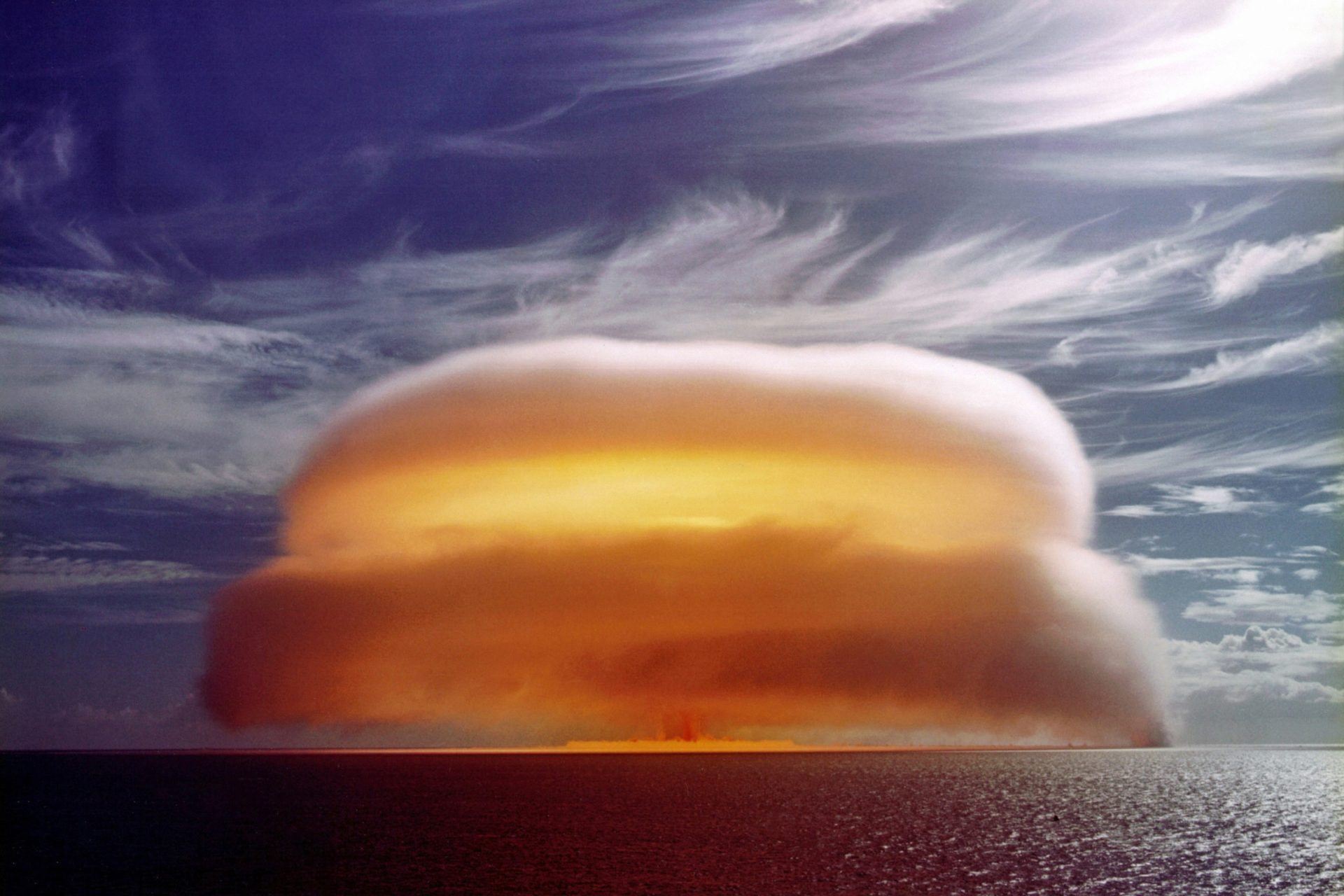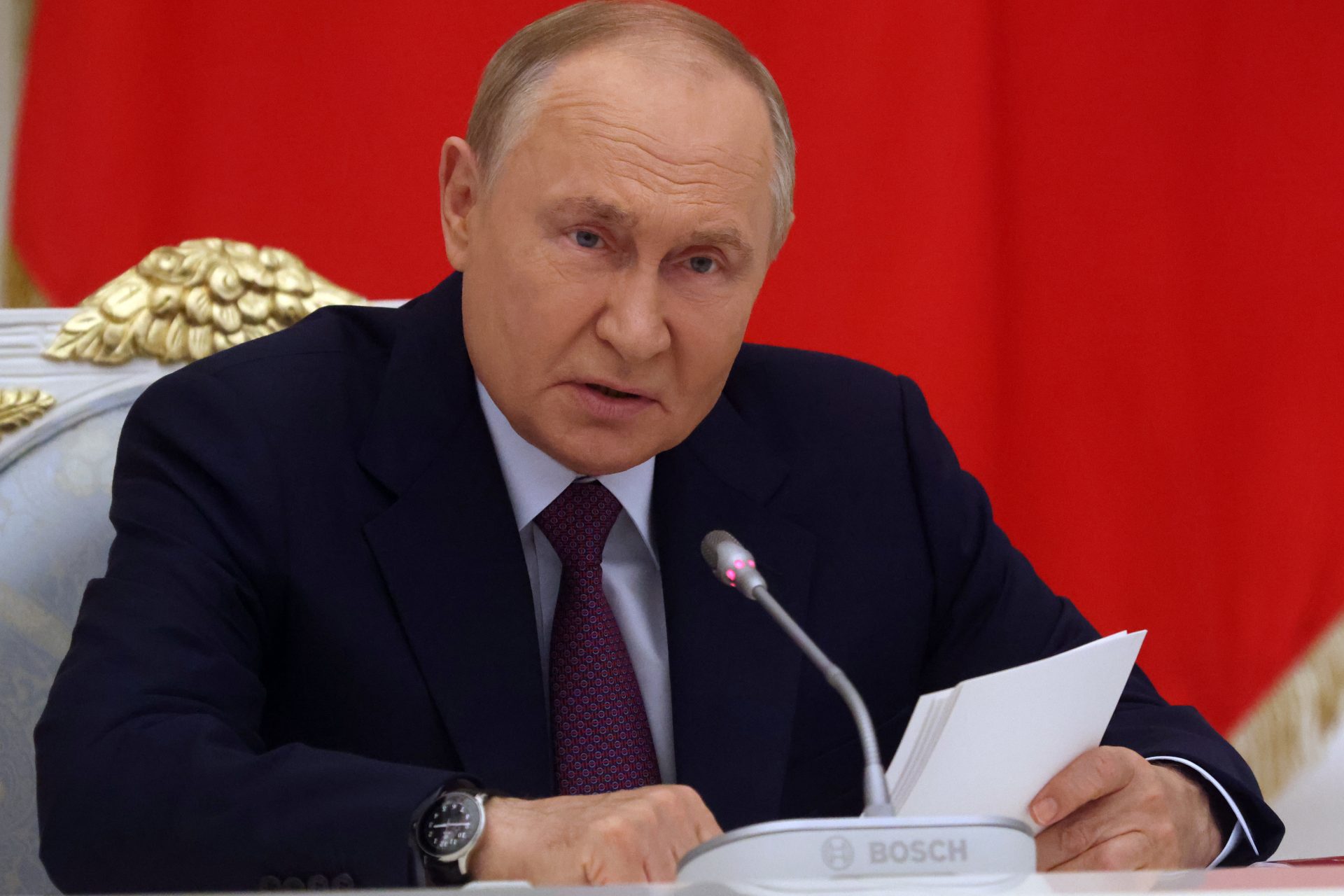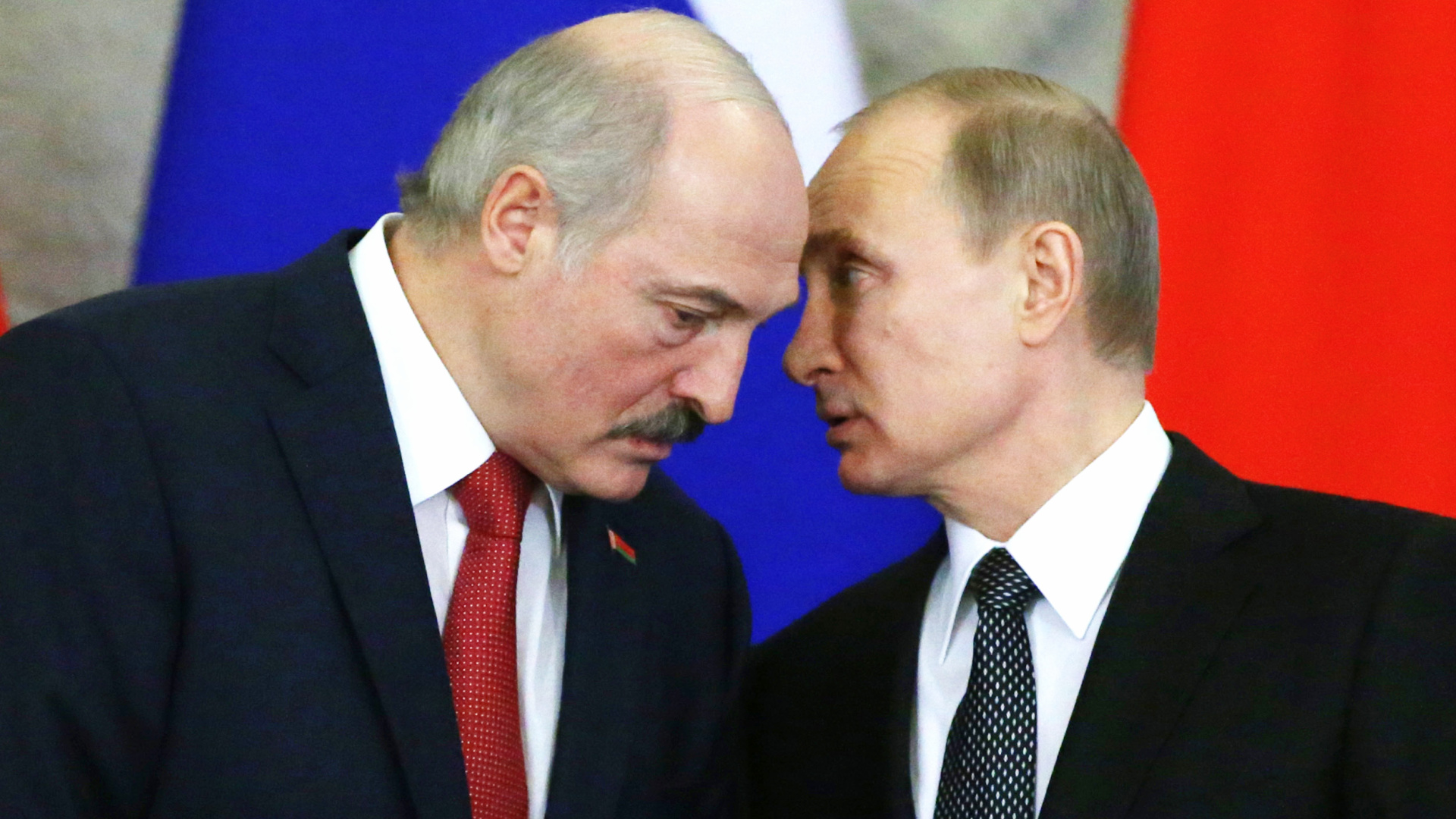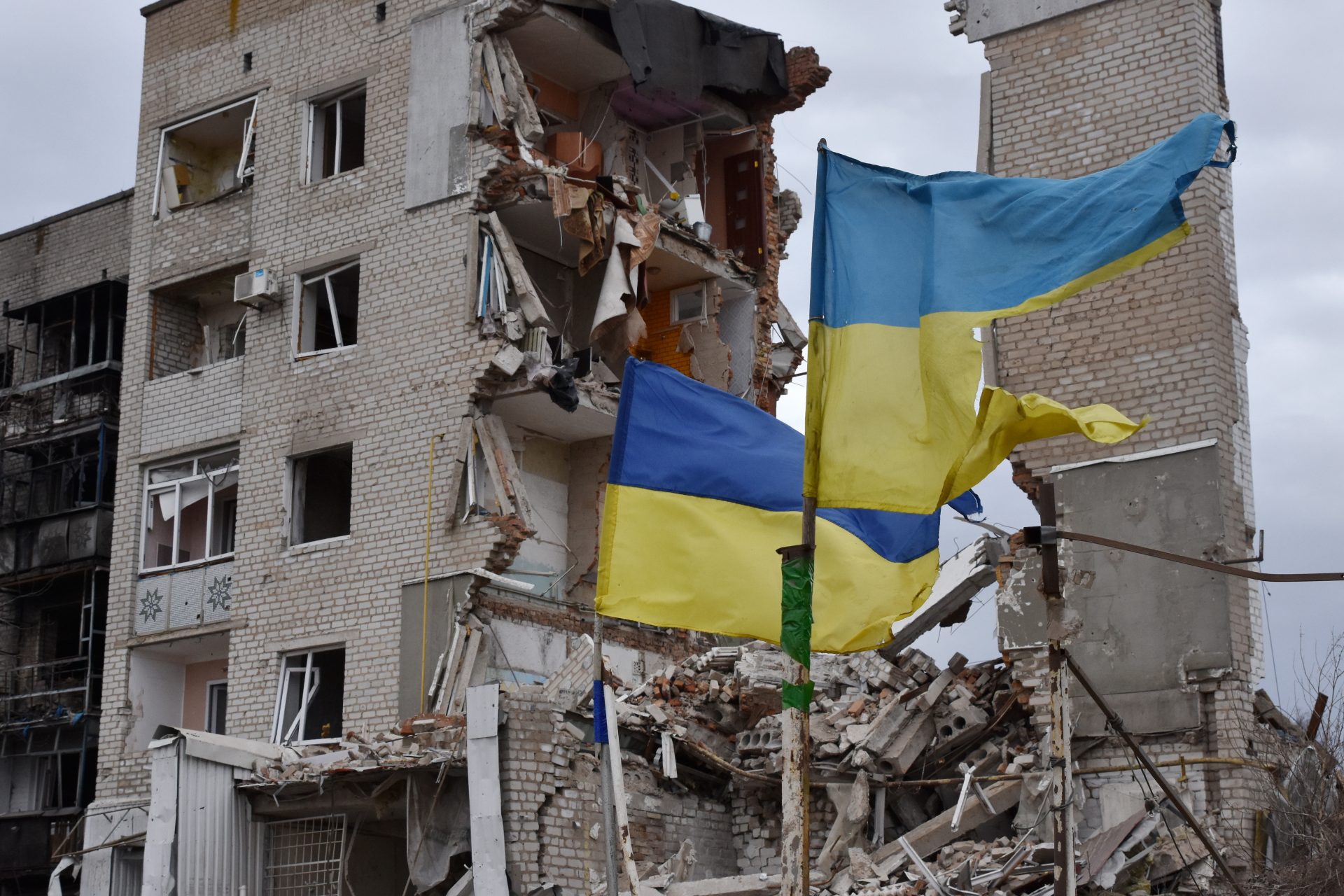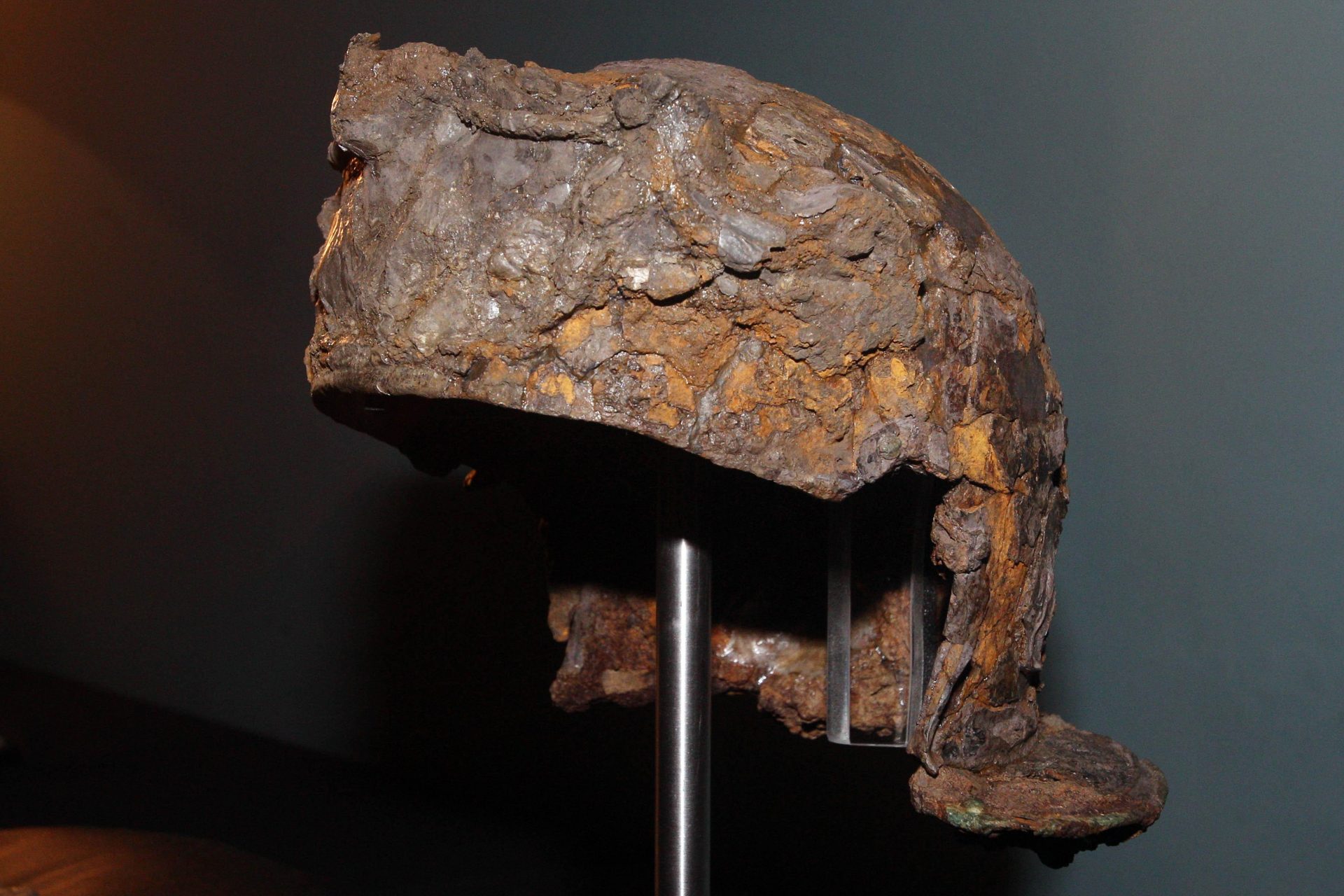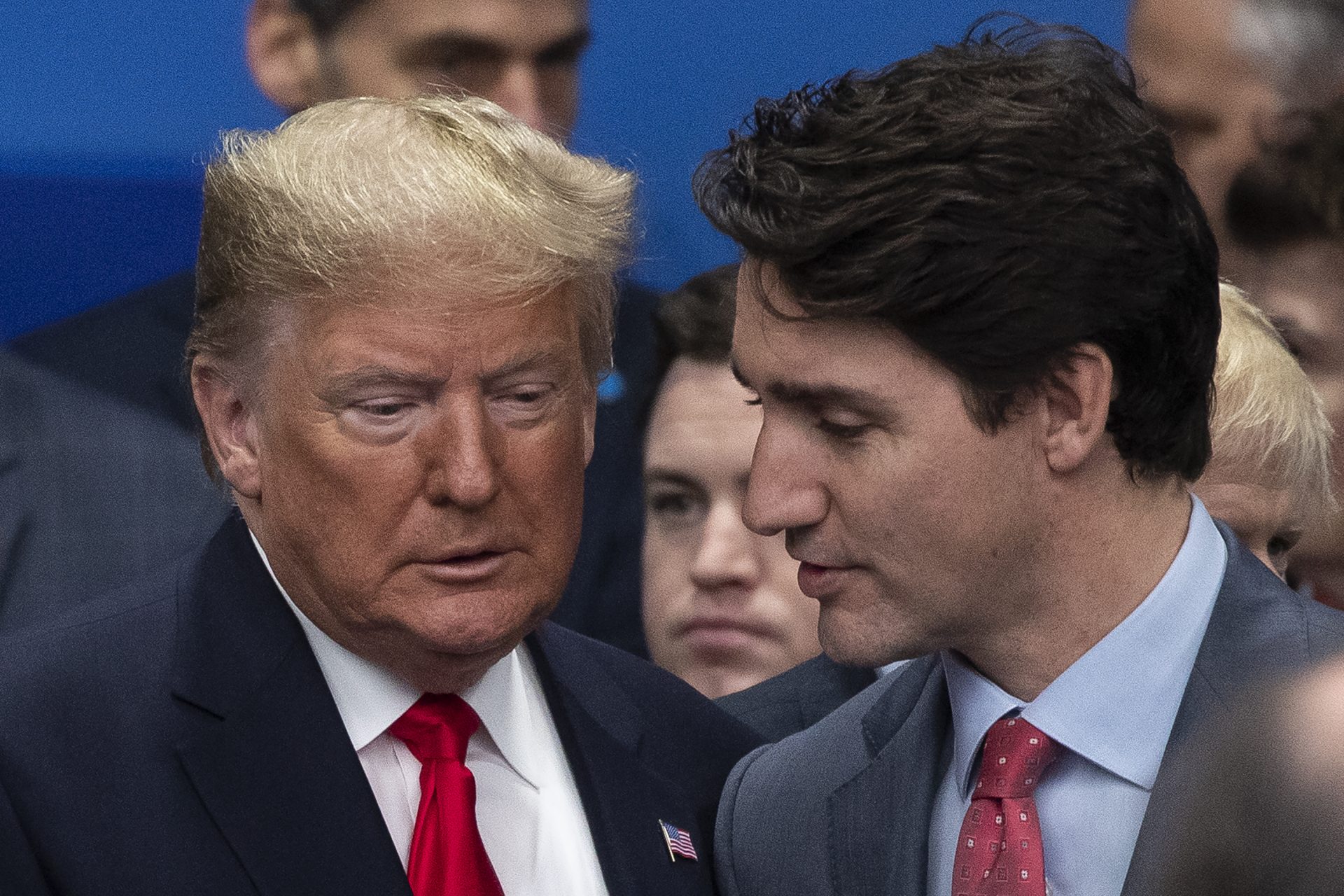Canada's military is facing a recruitment problem it doesn't know how to solve
The Canadian Armed Forces are struggling to meet its recruitment needs and the problem will get worse according to the latest data. Ottawa has an option but polling has revealed that most Canadians think its a bad idea.
In March 2024, Canadian Defence Minister Bill Blair revealed that the Canadian military was facing a death spiral. He explained that financial issues were counterstaining new defence spending in Canada.
“Over the past three years, more people have left than have entered. That is, frankly, a death spiral for the Canadian Armed Forces,” Blair explained to Mercedes Stephenson of Global News following an appearance at the Ottawa Conference on Security and Defence.
“We cannot afford to continue at that pace. We’ve got to do something differently,” Blair continued, later adding that the federal government needed to spend more on defence but was hampered by what he said was the “current fiscal environment.”
According to the latest data from the Department of Defence, the force strength of the Canadian Armed Forces (CAF) sits at roughly 63,000 Regular Force personnel plus 22,000 Reserve Force personnel, 16,500 short of the CAF authorized strength.
How Canada can fill the large and growing gaps it has in its armed forces has been a topic of much public debate and the CAF has put forth several policies aimed at bringing in more recruits by by lowering some of its recruitment standards.
In March 2024, the CAF got rid of its aptitude test for recruits and began accepting applications from individuals with medical conditions as a way to help boost recruitment amid the growing shortage, according to CBC News.
In 2022, Ottawa even began allowing permanent residents to enlist in the CAF following an alarming report in September 2022 that found the military was going to fall well short of its recruitment numbers by 5,900 personnel that year according to CTV News.
The recruitment problems facing the CAF have led some to question whether or not a new conscription program could solve the growing personnel gap facing the CAF, but recent survey data has revealed that conscription would be a very unpopular option.
Photo Credit: Facebook @CanadianForces
Royal Roads University professor Bryce J. Casavant commissioned the independent Canadian polling firm Research Co. to explore how 1,000 Canadian adults felt about conscription in late July, and the majority were opposed to the idea.
Photo Credit: Facebook @CanadianForces
Casavant revealed the soon-to-be-made-public results of the survey in an article for The Conversation and noted that 57% of respondents were strongly opposed to conscription if only men were to serve while another 22% said they were moderately opposed.
Photo Credit: Facebook @CanadianForces
Another 67% of respondents were either strongly or moderately opposed to conscription if only women were to serve. Even if military conscription took place on a gender-neutral basis, 50% of people said that they would oppose it. But some are open to the idea.
Photo Credit: Facebook @CanadianForces
Casavant reported that a large portion of Canadians would be open to conscription if the scenario was right. 18% of respondents were open to all-male conscription, whereas 8% supported all-female conscription and 8% also supported gender-neutral conscription.
Photo Credit: Facebook @CanadianForces
“Women respondents across all categories are the most opposed to military conscription, regardless of gender. Male respondents, on the other hand, are more likely to support conscription if it’s gender-neutral,” Casavant explained. Age also had an impact.
Photo Credit: Facebook @CanadianForces
Canadians aged 18-34 were more likely to both support and oppose conscription when it came to whether or not it was all male or all female, while those aged 35- to 54-year-olds were more likely to oppose conscription depending on the scenario.
Photo Credit: Facebook @CanadianForces
“Although the majority of respondents oppose conscription, all age categories are more likely to support conscription if it is gender-neutral,” Casavant wrote, adding that Quebec and Atlantic Canada saw the highest levels of opposition to conscription.
Photo Credit: Facebook @CanadianForces
The results of the survey show Canadians are unwilling to abide by government-imposed conscription in the country. Still, they may also hint at the fact Ottawa has not maintained a high level of public trust in the nation’s institutions and a positive image in the military.
Photo Credit: Facebook @CanadianForces
“If Millennials and Gen Z youth do not see anything worth fighting for in Canada — including basic concepts like democracy and civil liberties — they will oppose calls for service, especially if conscripted by force,” Casavant explained. But what do you think?
More for you
Top Stories



